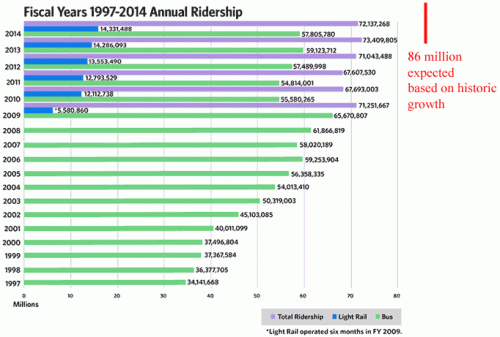This Starbucks story illustrates the hardest part about running a service business
"Pregnant woman denied Starbucks bathroom useage"
Of course, Starbucks did not deny this woman access to the bathroom. Had the board of directors, CEO, and most of the management been at the store, they would have happily helped the woman use the Starbucks bathroom. This woman was actually denied access to the bathroom by some knucklehead employee of Starbucks, one of the tens of thousands they hire, who likely thought they were doing the right thing.
I am sure Starbucks has a policy that the bathrooms are for customers only, and honestly in a lot of urban areas that is an essential policy or else one finds themselves spending a lot of money cleaning the bathroom and providing the public facilities that the city or shopping center developer chose not to fund.
However, in a service business, one of the keys to providing good customer service and maintaining a good reputation is, ironically, having your employees know when the rules need to be bent. This is the number 1 thing in every training session we have in our company -- when the rules have to be enforced (safety, fires, quiet time at night) and when to back off and not act like the campground nazi ruining everyone's visit.
I have thought about why this should be for quite a while. If rules exist, shouldn't they be enforced for everyone? And if not, shouldn't they just be eliminated?
First, there simply are exceptions. This is the same reason that mandatory sentencing guidelines in criminal law and no tolerance rules in schools always run to grief.
Second, even if there are not exceptions, there are people who really, really, really, strongly, aggressively believe that they are indeed an exception. Call this modern entitlement, but we get this all the time. Dog owners are a great example. Every single one of them understands perfectly why everyone else's dogs have to be on leash but no one believes their little darling is a problem. Dogs are in fact the hardest issue we often have to manage. Ask someone to put a dog on leash and we get vitriolic complaints sent to our government partners, newspapers, etc. Let them run around and we get vitriolic complaints sent other visitors who are bothered by dogs sent to our government partners, newspapers, etc.
Finally, the marginal cost of serving one or two exceptions is really low, practically measurable, while the cost of allowing everyone to break the rule is high. Take the case of bathrooms. Letting one non-customer use the bathroom costs zero. But once word gets out that you allow public use of your bathrooms, everyone in a half-mile radius is lined up at the door every day.

